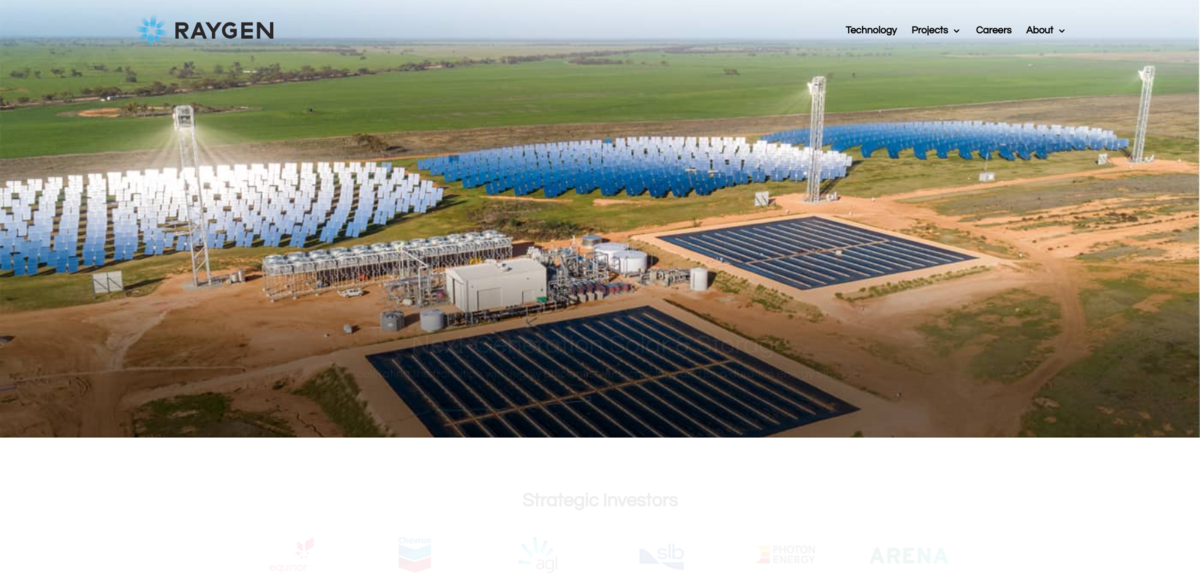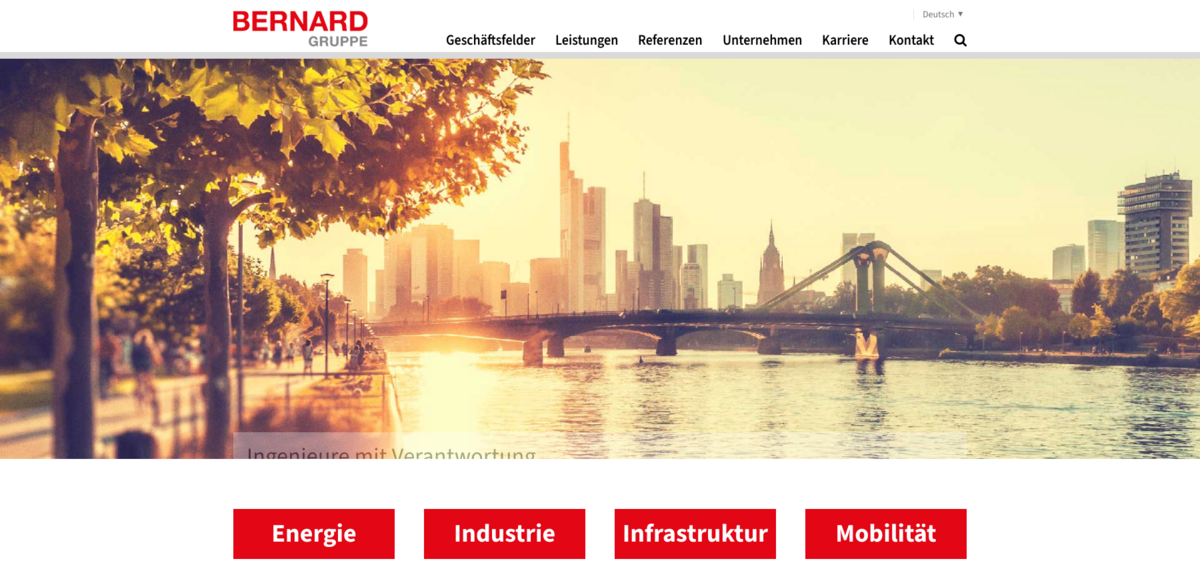SDG 2: Zero Hunger
Sustainable Development Goal 2 (SDG 2), part of the United Nations’ Agenda 2030, aims to end hunger, achieve food security, improve nutrition, and promote sustainable agriculture by 2030.
Today, nearly 735 million people suffer from hunger, while millions more face malnutrition and food insecurity. Governments, businesses, and individuals must work together to create sustainable food systems that ensure nutrition for all. From innovative farming techniques to food recovery programs, solutions exist to make hunger a thing of the past.
Eradicating hunger and malnutrition requires innovation, investment, and collaboration. Around the world, sustainable food companies, NGOs, and social enterprises are leading efforts to improve food production, reduce waste, and provide access to nutritious meals for all. From vertical farming and plant-based nutrition to food banks and hunger relief programs, these initiatives prove that technology, policy, and community action can transform global food systems.
👉 Below, we highlight the most impactful companies and initiatives working towards SDG 2 and ensuring that no one goes hungry.

Companies & Initiatives Fighting for Zero Hunger
Explore SDG 2 projects in Australia:
-
RayGen: Innovative Solar and Storage Solutions for Clean Energy
RayGen is at the forefront of solar energy innovation, offering advanced solar and storage solutions that deliver reliable, dispatchable renewable energy. Their technology combines high-efficiency solar generation with long-duration energy storage, making it a game-changer for sustainable energy applications. With projects like the Carwarp power plant and a commitment to sustainability, RayGen is paving the…
-
Hurst Botanicals: Ireland’s Fairtrade Kombucha Microbrewery Crafting Wellness
Hurst Botanicals is Ireland’s first Fairtrade kombucha microbrewery, located in Clarecastle. Founded by Ellen and Alex, they craft delicious, antioxidant-rich drinks using traditional fermentation methods. Their commitment to sustainability and local production makes them a standout choice for mindful drinkers. Visitors can enjoy tastings and learn about their unique brewing process.
-
Alessi: Elegant Italian Design for Everyday Living
Alessi is a celebrated Italian design brand known for its stylish and sustainable houseware. With a diverse range of products, it combines functionality and aesthetics, making everyday living more elegant. From kitchen accessories to home decor, Alessi’s commitment to quality and social responsibility sets it apart in the design world.
Explore SDG 2 projects in Austria:
-
50 Innovative Sustainable Projects in Austria Driving the Future of Sustainability
Austria is leading the way in sustainability with 50 innovative projects aimed at achieving the United Nations Sustainable Development Goals. From renewable energy initiatives and eco-friendly manufacturing practices to cutting-edge environmental technologies and sustainable mobility solutions, these projects highlight Austria’s commitment to a greener future. Community engagement and social responsibility further enhance these efforts, making…
-
BERNARD Group: Comprehensive Engineering Services for Global Projects
The BERNARD Group offers a wide range of engineering services, providing innovative solutions tailored to client needs while maintaining a strong commitment to quality and sustainability. With a presence in over 40 countries, they tackle interdisciplinary challenges with a dedicated team of professionals.
-
Portusland Business Development and Trade GmbH: Enhancing Global Market Entry and Trade Strategies
Portusland Business Development and Trade GmbH specializes in enhancing supply, sales, and distribution channels for businesses aiming to succeed in international markets. With a strong focus on collaboration and tailored strategies, they help clients navigate complex global landscapes effectively.
Explore SDG 2 projects in Belgium:
-
50 Innovative Sustainable Projects in Belgium for a Greener Future
Belgium is making significant strides in sustainable development with 50 innovative projects that align with the United Nations Sustainable Development Goals. From energy transformation and waste management to enhancing urban mobility and fostering community engagement, these initiatives are paving the way for a greener future. This article explores how these projects contribute to reducing carbon…
-
Wanit: A Comprehensive Solar Energy Solution for Hot Water and Electricity
Wanit offers a unique solar energy solution that combines hot water and electricity storage, maximizing efficiency and savings for homeowners. With its compact design and innovative technology, Wanit adapts to existing solar setups, ensuring optimal use of generated energy. This system not only reduces energy costs but also supports sustainable living by minimizing reliance on…
-
JUUNOO: Innovative Modular Workspaces for Modern Commercial Real Estate
JUUNOO specializes in creating modular, privacy-focused workspaces that enhance commercial real estate interiors. Their innovative designs prioritize sustainability and flexibility, making them ideal for modern work environments. With a unique circular economy model, JUUNOO offers solutions that adapt to changing business needs while minimizing waste. Their projects, like The Refinery at Domino in Brooklyn, showcase…
Explore SDG 2 projects in United States:
-
50 Innovative Sustainable Projects in Belgium for a Greener Future
Belgium is making significant strides in sustainable development with 50 innovative projects that align with the United Nations Sustainable Development Goals. From energy transformation and waste management to enhancing urban mobility and fostering community engagement, these initiatives are paving the way for a greener future. This article explores how these projects contribute to reducing carbon…
-
Watergen: Transforming Air into Clean Drinking Water
Watergen utilizes advanced Atmospheric Water Generation technology to extract moisture from the air, transforming it into clean, mineral-rich drinking water. Their scalable solutions cater to various needs, from homes to large industrial applications, promoting sustainability and reducing plastic waste. With deployments across six continents, Watergen is making a significant impact on global water access and…
-
Alessi: Elegant Italian Design for Everyday Living
Alessi is a celebrated Italian design brand known for its stylish and sustainable houseware. With a diverse range of products, it combines functionality and aesthetics, making everyday living more elegant. From kitchen accessories to home decor, Alessi’s commitment to quality and social responsibility sets it apart in the design world.
Frequently Asked Questions about SDG 2 (Agenda 2030) :
1. What is SDG 2?
SDG 2: Zero Hunger is the second goal of the United Nations’ Sustainable Development Goals (SDGs) under Agenda 2030. It aims to end hunger, achieve food security, improve nutrition, and promote sustainable agriculture worldwide by 2030.
2. Why is SDG 2 important?
Hunger affects over 735 million people and leads to malnutrition, poor health, and economic instability. Food insecurity impacts children’s development, reduces productivity, and increases healthcare costs. Achieving food security and sustainable agriculture is essential for a healthier, more stable world.
3. What are the key targets of SDG 2?
SDG 2 has several key targets, including:
- 2.1: End hunger and ensure access to safe, nutritious, and sufficient food for all.
- 2.2: End all forms of malnutrition, especially in children, pregnant women, and older populations.
- 2.3: Double agricultural productivity and incomes of small-scale farmers.
- 2.4: Ensure sustainable food production systems and climate-resilient agriculture.
- 2.5: Maintain the genetic diversity of crops and livestock.
4. How does SDG 2 relate to Agenda 2030?
SDG 2 is a critical part of Agenda 2030, as hunger, poverty (SDG 1), climate change (SDG 13), and health (SDG 3) are deeply interconnected. Sustainable food systems support economic growth, improve public health, and reduce environmental impact.
5. What are the biggest challenges to achieving SDG 2?
Some key challenges include:
- Climate change affecting food production.
- Food waste and inefficient distribution.
- Conflict and economic instability leading to food crises.
- Lack of investment in small-scale farming.
- Depleting natural resources and biodiversity loss.
6. How can governments help achieve SDG 2?
Governments can implement policies to:
- Support sustainable agriculture and fair trade.
- Invest in food security programs and nutrition education.
- Reduce food waste through better distribution systems.
- Provide financial support to small-scale farmers.
7. What role do businesses play in SDG 2?
Businesses contribute by:
- Developing sustainable food production and supply chains.
- Investing in alternative proteins and plant-based nutrition.
- Reducing food waste in operations.
- Supporting ethical sourcing and fair wages for farmers.
8. How can individuals contribute to SDG 2?
Individuals can:
- Reduce food waste by planning meals and composting.
- Support sustainable brands and local farmers.
- Donate to food banks and hunger relief programs.
- Advocate for better food policies in their communities.
9. How is progress on SDG 2 measured?
The UN tracks SDG 2 using indicators like:
- Prevalence of hunger and malnutrition rates.
- Food price fluctuations and affordability.
- Sustainability of agricultural practices.
10. Will the world achieve SDG 2 by 2030?
While progress has been made, hunger is rising due to conflicts, climate change, and economic crises. Urgent action is needed to increase sustainable food production, improve food distribution, and address inequalities to meet the Agenda 2030 targets.
Discover other Sustainable Development Goals (SDG) Initiatives :
-

SDG 1: No Poverty
-

SDG 2: Zero Hunger
-

SDG 3: Good Health and Well-being
-

SDG 4: Quality Education
-

SDG 5: Gender Equality
-

SDG 6: Clean Water and Sanitation
-

SDG 7: Affordable and Clean Energy
-

SDG 8: Decent Work and Economic Growth
-

SDG 9: Industry, Innovation, and Infrastructure
-

SDG 10: Reduced Inequalities
-

SDG 11: Sustainable Cities and Communities
-

SDG 12: Responsible Consumption and Production
-

SDG 13: Climate Action
-

SDG 14: Life Below Water
-

SDG 15: Life on Land
-

SDG 16: Peace, Justice, and Strong Institutions
-

SDG 17: Partnerships for the Goals
- SDG 1: No Poverty – End poverty in all its forms everywhere.
- SDG 2: Zero Hunger – End hunger, achieve food security, improve nutrition, and promote sustainable agriculture.
- SDG 3: Good Health and Well-being – Ensure healthy lives and promote well-being for all at all ages.
- SDG 4: Quality Education – Ensure inclusive and equitable quality education and promote lifelong learning opportunities for all.
- SDG 5: Gender Equality – Achieve gender equality and empower all women and girls.
- SDG 6: Clean Water and Sanitation – Ensure availability and sustainable management of water and sanitation for all.
- SDG 7: Affordable and Clean Energy – Ensure access to affordable, reliable, sustainable, and modern energy for all.
- SDG 8: Decent Work and Economic Growth – Promote sustained, inclusive, and sustainable economic growth, full and productive employment, and decent work for all.
- SDG 9: Industry, Innovation, and Infrastructure – Build resilient infrastructure, promote inclusive and sustainable industrialization, and foster innovation.
- SDG 10: Reduced Inequalities – Reduce inequality within and among countries.
- SDG 11: Sustainable Cities and Communities – Make cities and human settlements inclusive, safe, resilient, and sustainable.
- SDG 12: Responsible Consumption and Production – Ensure sustainable consumption and production patterns.
- SDG 13: Climate Action – Take urgent action to combat climate change and its impacts.
- SDG 14: Life Below Water – Conserve and sustainably use the oceans, seas, and marine resources.
- SDG 15: Life on Land – Protect, restore, and promote sustainable use of terrestrial ecosystems, forests, and biodiversity.
- SDG 16: Peace, Justice, and Strong Institutions – Promote peaceful and inclusive societies, provide access to justice, and build effective institutions.
- SDG 17: Partnerships for the Goals – Strengthen the means of implementation and revitalize the global partnership for sustainable development.








